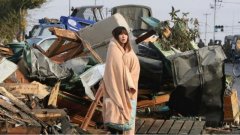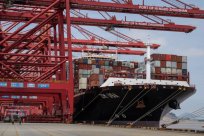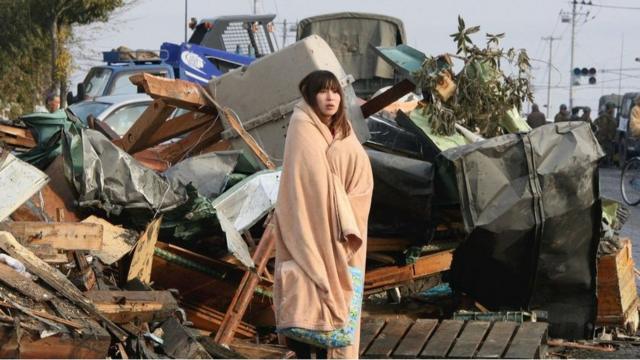
A magnitude 7.1 earthquake occurred on Thursday (August 8th) on the sea outside Miyazaki Prefecture, Japan. On the surface, there was nothing, almost no damage, and the tsunami alert quickly revoked.
But soon after, the Japanese Meteorological Agency issued an alarm that has never been before- "Temporary Information of the South Sea Sea Trough (pay attention to huge earthquakes)."
The authorities are expected to have a big opportunity to occur within a week. The Japanese Prime Minister Kishita Nada even canceled the visit to Central Asia for this reason and stayed in Japan.
For many Japanese, they have been warned that there will be a large earthquake once in a century -the worst case can cause more than 300,000 people to die, and a 30 -meter -high tsunami may hit the country's Pacific coast.
This sounds terrible, but the biggest feeling of many Japanese people is confusing.Living in Yokohama's resident Masayo Oshio said to BBC: "I am confused about the alarm and don't know how to understand."
"We know that the earthquake cannot be predicted, and we have been told that the Great Earthquake will always happen one day, so I always ask myself: Is this an earthquake? But I don't think it is real."
What is the "huge earthquake"?Can it be predicted?
What are you worried about the Japanese authorities?
The Japanese are accustomed to earthquakes. The country is located in the Pacific Earthquake Belt and occurs about 1500 earthquakes each year.
The vast majority of earthquakes caused by small earthquakes, but there are also some earthquake destructive power. For example, the 311 large earthquake at the 9.0 level in 2011. At that time, the tsunami impacted the northeast coast of Japan, causing more than 18,000 people to die.
If an earthquake occurs in a more densely populated area in the south, I am afraid it is even more fatal.The earthquake in the South China Sea Trough in the Pacific coast of Japan has killed thousands of people.
In 1707, the broken 600 kilometers of the South China Sea Truts caused Japan to record the second largest earthquake since the record, and then Mount Fuji erupted.These so -called "extra large crusts" earthquakes often occur every hundred years, and usually occur twice in a row: the last one was 1944 and 1946.
Experts say that in the next 30 years, there will be a 70 to 80%chance that a magnitude 8 or magnitude 9 earthquake will occur somewhere along the sea trough, which will cause hundreds of thousands of people to die and lose millions of dollars in losses.Geologist Kyle Bradley and Judith A Hubbard believed that this long -awaited event was "the original definition of the Great Earthquake."
The Earthquake Insights communications on Thursday stated that "the terrible degree of terrible the South China Sea earthquake is convincing in history," so it is worthy of attention.
But can the earthquake predict?
Robert Geller, a professor at the University of Tokyo, believes that the earthquake cannot predict, and he, the warning issued by the authorities is almost related to science. "
He believes that although the earthquake is known as a "cluster phenomenon", it is impossible to judge whether the earthquake or aftershock cannot be judged in advance.
Geologists Bradley and Habers also pointed out that in fact, only about 5%of the earthquake is anterior earthquake.
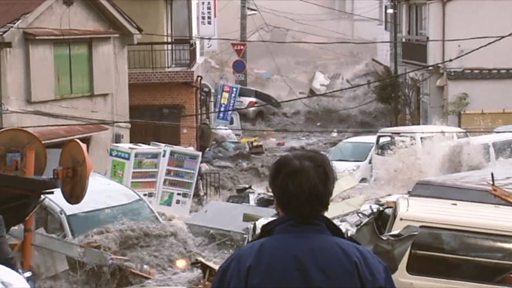
However, they said that a magnitude 7.2 front earthquake occurred before the 2011 earthquake, and that earthquake was largely ignored.
The Japanese authorities set a new warning system after 2011 to prevent disasters like a scale of 311 earthquake again. Last Thursday was the first time that the Japan Meteorological Agency used the system.However, it is worth noting that the early warning system reminds people to prepare, but did not ask the public to evacuate.In fact, the authorities want to dilute the risk.
The Japanese Meteorological Agency said: "The chance of a new earthquake is higher than usual, but this does not mean that a large earthquake will occur." Nevertheless, the Prime Minister Kishida announced the cancellation of the visit to "ensure our preparations and communication.normal".
Kishida Wenxiong said that in view of the first time that the authorities issued a warning, he was worried that the public would be anxious.But the resident's big salt does not seem to worry, she said, "I think the government is exaggerating its words."
Professor Geller is even more direct. He believes that "information is not useful".
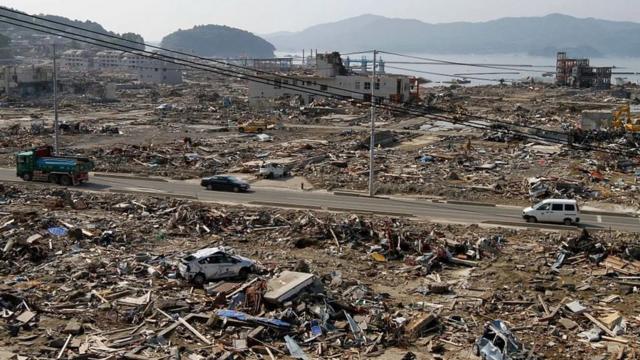
So why does it issue an alert?
The warning system allows warnings or lower -level warnings.Last Thursday was issued by warnings, and it was recommended that the public prepared for evacuation.
From the perspective of the response, this seems to play a role.Even in a country that receives the alarm through mobile phones, the "South China Sea Trigger" effect and the threat of "huge earthquake" have stopped the public to be alert.
Big Salt Corporation said: "After seeing the warning, the first thing is to check the things at home and make sure that I have prepared, because I have n’t done this for a long time.”
Other Japanese regions along the Pacific coast also occur in the same situation.
On Miyazaki County, near the magnitude 7.1 earthquake on Thursday, officials are checking the situation of the open refuge.According to the Kyodo News Agency, as of the morning of Friday (August 9), at least 75 shelters in 10 cities in Gaoshi Prefecture in western Japan.
Tokyo Electric Power Corporation and Central Electric Power Corporation operate with thermal power plant operator Jerene Energy Co., Ltd. (JERA CO.), saying that the company is in a state of emergency alert and confirms the communication route with fuel carrier and the evacuation agreement of the dock.Essence
In Heichao Town, which is also located in Gaozhi County, the authorities call on the elders and other residents to voluntarily evacuate to a relatively safe place.Officials in Western Japan and Koghan Prefecture cooperated with the local city government to confirm the evacuation route.
Although Professor Geller is suspicious, he said that this is a good opportunity to "make sure you have done all routine prevention measures".
He suggested: "There must be a week of water and canned food at hand, and maybe prepare some flashlight batteries."


